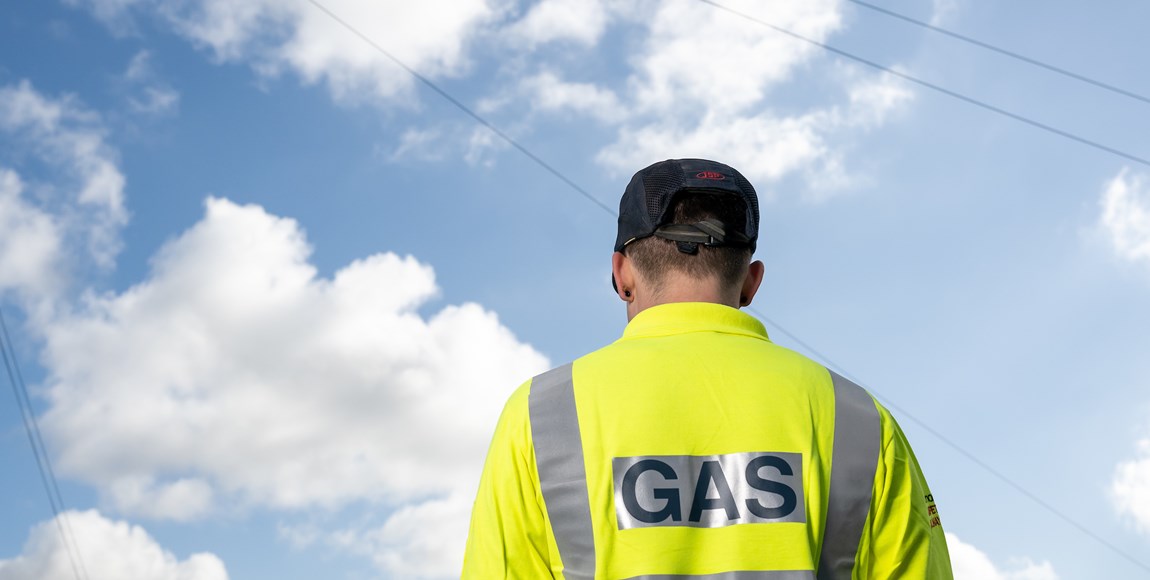
The gas pipeline and emergency service across Wales and the south west of England, Wales & West Utilities, is supporting this year’s Gas Safety Week (19-25 September) to raise awareness of gas safety and the importance of looking after gas appliances in the home.
With the company serving 7.5million customers across its operating area, Wales & West Utilities is calling on householders to take the necessary steps to make sure their gas appliances are fitted and working correctly and to fit an audible carbon monoxide alarm if they haven’t already.
Each year carbon monoxide poisoning results in 50 people dying and over 4000 being injured in the UK alone and now the company is urging people to take six simple steps:
- Get all your gas appliances safety checked every year
- Have an audible Carbon Monoxide (CO) Alarm – it might save your life
- Always use a Gas Safe registered engineer to fit, fix and service gas appliances. It’s the law.
- Keep your eye on your appliances. Flames on your cooker and boiler should be crisp and blue, and there shouldn’t be sooty black marks on or around the appliance.
- Know the signs of CO poisoning – a headache is the most common but also dizziness, feeling sick, tiredness & confusion, stomach pain and shortness of breath. The symptoms are flu-like without the high temperature
- Save the National Gas Emergency Number 0800 111 999 in your phone and call it immediately if you smell gas or suspect CO.
Clive Book, Head of Emergency & Metering Services at Wales & West Utilities said:
“We want to make sure that people know the simple steps they can take to make sure they are gas safe. It can be easy to it for granted, but gas can be dangerous. Badly fitted and poorly serviced gas appliances can cause leaks, fires, explosions and Carbon Monoxide poisoning.
“Taking these simple steps can save lives and we urge everyone to look at their appliances before the winter months set in, when more and more people start to use their gas central heating.”
This reminder during Gas Safety Week comes after Wales & West Utilities launched two short information films earlier in the year to emphasise the importance of having a carbon monoxide (CO) alarm fitted in the home and let homeowners know what to do if they smell gas.
Unlike standard public awareness films, the two twenty second cartoon films feature couple Frank and Annie and take a light-hearted approach but give viewers a simple call to action designed to save lives.
Clive continued:
“Carbon monoxide is a colourless, odourless, tasteless, poisonous gas which can be emitted by faulty appliances powered by any fuel that burns, including gas, coal, oil, petrol and wood.
“Around 50 people die in the UK every year from CO poisoning and we make over 1,000 visits to properties where evidence of carbon monoxide is present. The symptoms from inhaling it include headache, dizziness, vomiting and shortness of breath. Sometimes people have ‘flu-like’ symptoms, but without the high temperature.
“Now is the time to take the necessary steps to look at gas appliances and we urge everyone to do so – it may save your life.”
Visit our site for more information on carbon monoxide poisoning.
Gas Safety Week is an annual safety week to raise awareness of gas safety and the importance of taking care of gas appliances. It is co-ordinated by Gas Safe Register, the official list of gas engineers who are legally allowed to work on gas.
Wales & West Utilities has a team of more than 1000 trained and experienced engineers to help serve the 7.5m people across Wales and the south west of England that rely on its gas emergency and pipeline services. If anyone smells gas, thinks they have a gas leak, or suspects carbon monoxide poisoning, they should call us on 0800 111 999 and our engineers will be there to help, day or night.
Our team is also working on a multi-million pound, 30-year gas pipe investment programme which began in 2002. Old metal pipes within 30 metres of buildings are being replaced with new long-lasting plastic pipes with a lifespan of more than 80 years, to make sure homes and businesses continue to receive a safe and reliable gas supply now and in the future.



